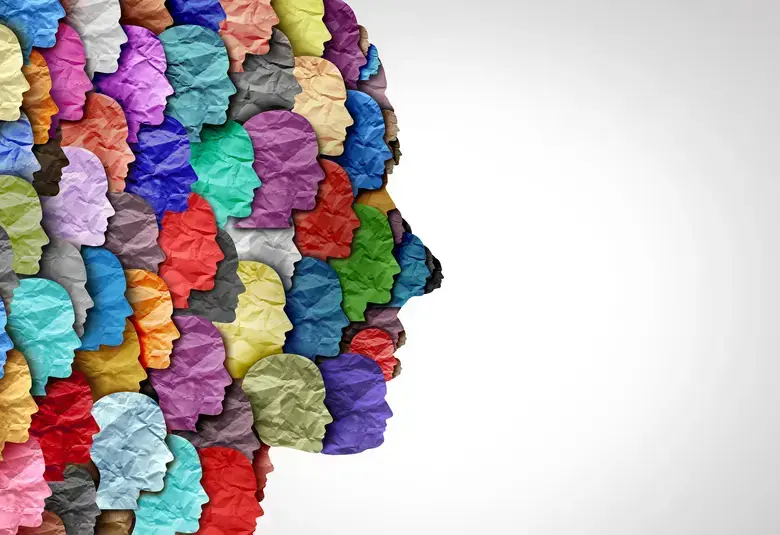There is much evidence supporting the bidirectional relationship between depression and sleep.1 Sleep problems and depression may be triggered by one another. Sleep problems can contribute to the development of depression. On the other hand, most depressed people report sleep issues. This complicated association makes it challenging to differentiate cause-and-effect between sleep issues and depression.
Sleep problems correlate with depression including insomnia, hypersomnia, and obstructive sleep apnea. 2,3 The connection between them starts with the sharing of neurotransmitters; serotonin, dopamine, and norepinephrine, which regulate mood, sleep and more functions in the human brain. People who have chronic insomnia for 3-5 years may have a 4-fold higher risk of developing depression than people who sleep well, by increasing negative emotional response and decreasing positive emotional response. Moreover, Sleep issues affect the body’s stress system (HPA axis) and disrupt circadian rhythms.1,3,4
Having depression changes the sleep architecture.1,5 Shortening REM latency and total sleep time, decreasing slow wave sleep (SWS), increasing REM density and high arousal are consistently found in depressed people. Additionally, insomnia severity is associated with suicidal behavior in individuals with depression, raising the possibility of vicious cycle between sleep disturbance and emotion dysregulation.4,6
For aforementioned association, treating depression is challenging because insomnia and hypersomnolence are common adverse effects of several antidepressants.7 And sleep issues may be a separate condition or a symptom of depression. There is some evidence that remaining sleep problems in people undergoing depression treatment increase the risk of relapse. Moreover, sleep adverse events from antidepressants may cause poor adherence to the treatment.7 Therefore, sleep issues together with depression should be addressed seriously, the medical treatment for one may not be enough to improve both. The optimal chosen antidepressant should not have much effect on sleep. And cognitive behavioral therapy for insomnia (CBTi) is recommended along with depression treatment to improve sleep efficiency and may increase the chances of remission.1 Although recent guidelines recommend CBTi as first line treatment for insomnia, a short course and careful use of hypnotic drugs should be considered through a shared decision-making process with the patient.8




